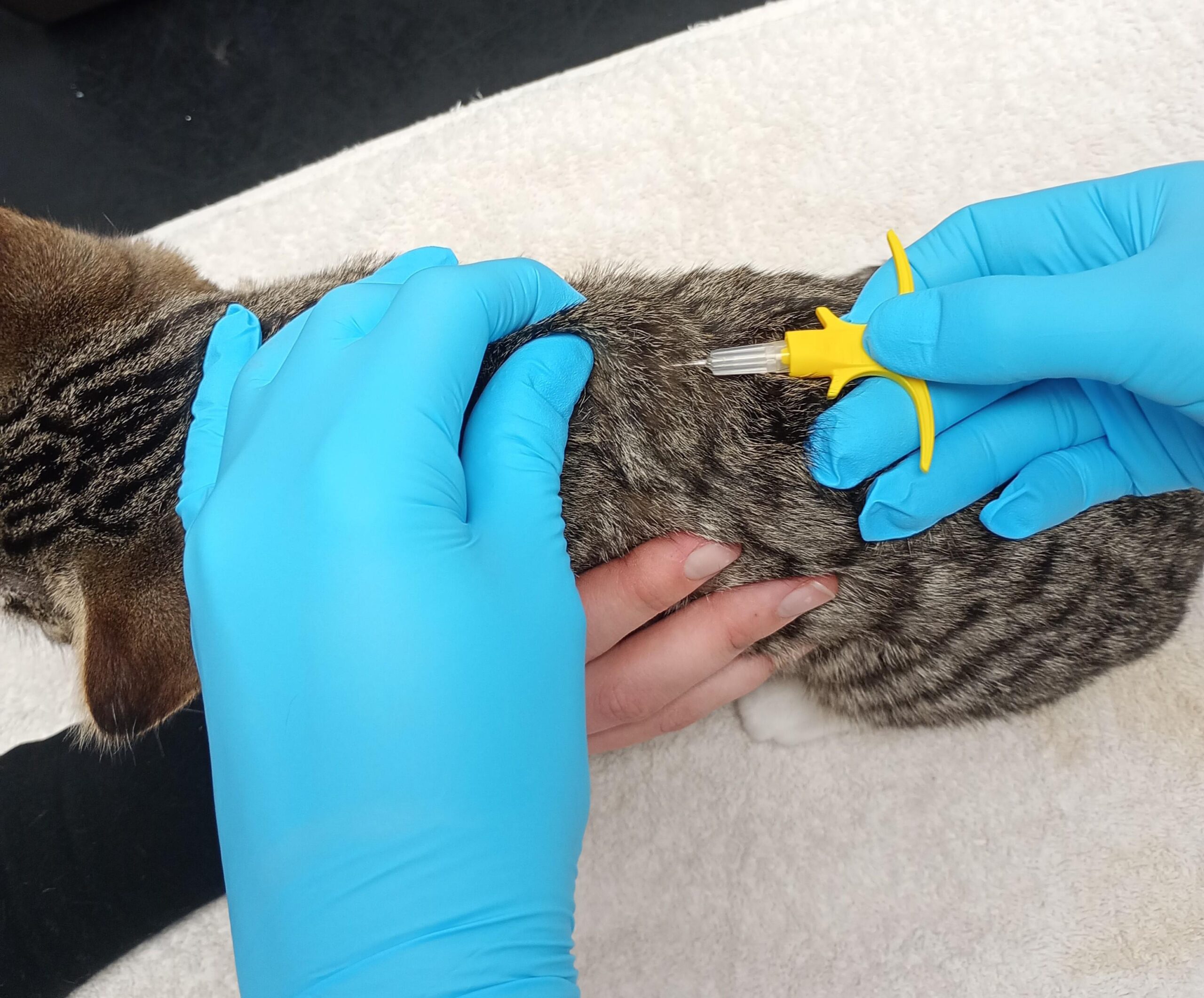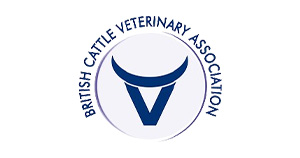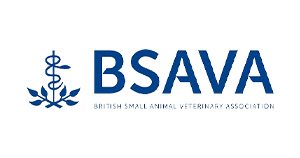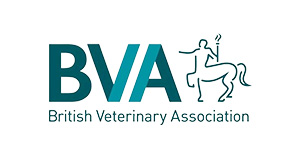Microchipping: So much more than just identification
As veterinary professionals, one of the things that we are most passionate about is the importance of microchipping. Microchipping plays a vital role in keeping your pets safe. It enables us to trace ownership and acts as another way of identification. A microchip is the size of a grain of rice, which (in cats and dogs) is implanted between the shoulder blades. It is a relatively painless, cost effective, straight forward procedure that can easily be carried out by a registered veterinary nurse, veterinary surgeon or a trained individual and lasts the animals lifetime.
Responsibility
Having a pet that is microchipped is a great start of being a responsible owner. However, the responsibility doesn’t always end at the point of chipping. Registering and keeping microchip details up to date is imperative. We commonly see this issue with new puppies and kittens. We regularly find that ownership details have not been transferred correctly, thus details are not up to date. All reputable breeders (dogs) should be microchipping and registering a litter before they go to the new owners. Some breeders will even transfer ownership of a new puppy for you. If in doubt, always have this conversation with the breeder. When visiting the vets for the first time, we will routinely scan and check your microchip details, however, scanning a microchip will only show us your pets microchip number. It will not tell us the keepers registration details. Microchipping cats in the UK is now a legal requirement. It is advised that all cats over the age of 20 weeks should have a microchip. This is something that can easily be done in practice, usually at the time of neutering, whilst your pet is under a general anaesthetic.
If a microchip has been implanted at the time of neutering, then we would always recommend coming in for a nurse check to scan the microchip and check it is still in place. It has been known for newly implanted microchips to migrate around an animal’s body and in a small majority of cases a microchip may have even fallen out. If you have any concerns about your animal’s microchip, then please contact the surgery and make a free nurse consultation.
Importance of microchipping
Similarly, what happens if your pet goes missing or gets stolen? What happens if your pet gets injured or even worse ends up being brought in deceased? There is nothing worse than not being able to reunite a much-loved animal with an owner because the microchip details are incorrect. Likewise, animals that do get bought in, who are suffering or have injuries, then failure to keep details up to date can affect the treatment options available. Keeping details current also makes reuniting lost or stolen pets much easier, and did you know that you can even register a lost or stolen pet with the microchip companies. Some microchip companies with notify vets and animal welfare organisations of missing or stolen pets.
Other benefits to microchipping
Implanting a microchip can be beneficial in other ways. Having a pet that is microchipped can resolve common behavioural and health problems. For example, we often find that owners struggle with feeding, especially in multi cat households. Common concerns include pets needing to be on specific diets and other cats stealing/bullying them out of their food. This kind of behaviour often leads to conflict and stress within the household. In these kinds of examples, we often recommend using a microchip feeder. Microchip feeders will only allow access to an animal whose chip has been recognised by the machine. Likewise, microchip cat flaps are a great way to deter intruders and stray animals. Reducing the risk of bullying, stress, anxiety, and unwanted behaviours (food stealing, inappropriate urination/defecation, and spraying).
Not just for Cats and Dogs!
Microchipping pets is also recommended in our smaller and exotic species too. More and more people are opting to microchip rabbits, ferrets and even tortoises. This is something that our vets and nurses will be more than happy to talk to you about.













